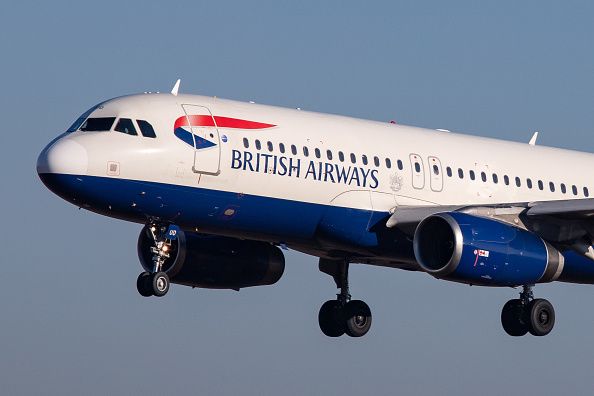IAG’s share price has seen some decent gains in the past few weeks, up more than 25% on optimism over an economic reopening as the UK’s vaccine rollout gathers pace.
Airlines could certainly do with some good news. Most of them are operating at around 25% of capacity, and haemorrhaging cash at eye-watering levels, as they strive to keep a core number of their aircraft fleet serviceable and ready to return, as restrictions start to be loosened.
IAG's share price grounded by Covid-19
The costs of the pandemic on British Airways owner IAG’s finances were no better illustrated than when, at the end of Q3, the airline revealed it had lost £5.1bn for the year to date. Cuts were also made, with 10,000 jobs shed at BA and Aer Lingus at a cost of £250m.
As we come to the year end and the reintroduction of tighter restrictions throughout the winter months, along with new travel restrictions, this latest quarter hasn’t been much better. Having seen a 70% fall in passenger traffic in Q3, the numbers in Q4 saw capacity at 26.6% of that in 2019. For the whole of 2019, the airline flew 33.9% of its capacity compared to the previous year.
Record full-year losses for IAG
For Q4, the company posted an operating loss of €1.47bn, which when extrapolated out into the full-year numbers, saw the airline slump to a loss, after tax and exceptional items, of €6.9bn, or just over £6bn. Most of that loss came in the form of €3bn on hedging losses on fuel that was never delivered, as the airline was unable to use it, and write-downs on the value of its fleet.
These included the early retirement of its British Airways Boeing 747-400 fleet and Iberia Airbus A340-600’s, as well as the deferral of 68 aircraft. For the year, passenger revenue fell 75.5% from €22.47bn to €5.5bn.
Is worse yet to come?
As we look ahead to the current year and with restrictions only likely to be eased sometime in Q2, there is still some way to go before passenger numbers return to any kind of normal, with IAG saying that capacity plans for Q1 are around 20% of 2019 levels, in essence meaning that Q1 is set to be worse than Q4. In the circumstances, it’s no surprise that the IAG share price had flatlined through most of last year, after suffering a drop from 385p to 132p in March 2020.
All in all, while these numbers are undoubtedly bad, they aren’t surprising either. IAG’s biggest problem however is not a pickup in passengers on an economic reopening, and it will be able to benefit from the return of domestic passengers like its smaller peers easyJet and Ryanair.
Its main problem will be getting the same levels of long-haul business travel that it had before the pandemic. This is where most big carriers make their money, and it is here that normal service may well take a little longer to return to 2019's levels.
No guidance for 2021
Not surprisingly, IAG hasn’t offered any guidance for 2021, citing the uncertain economic outlook, but it's optimistic about a rebound due to pent-up demand. However, IAG has also called for international common testing standards and the introduction of digital health passports to encourage people back on to planes.
Finances have been bolstered with €3.4bn of additional funding secured in Q4, including a five-year £2bn loan backed by the UK government, which has boosted its cash levels at the end of last year to €5.92bn, while its liquidity increased to €10.3bn, so it does have time on its side.
One thing seems certain, the 'world’s favourite airline' is likely to be a much slimmed down version when we come out the other side of the pandemic.
CMC Markets erbjuder sin tjänst som ”execution only”. Detta material (antingen uttryckt eller inte) är endast för allmän information och tar inte hänsyn till dina personliga omständigheter eller mål. Ingenting i detta material är (eller bör anses vara) finansiella, investeringar eller andra råd som beroende bör läggas på. Inget yttrande i materialet utgör en rekommendation från CMC Markets eller författaren om en viss investering, säkerhet, transaktion eller investeringsstrategi. Detta innehåll har inte skapats i enlighet med de regler som finns för oberoende investeringsrådgivning. Även om vi inte uttryckligen hindras från att handla innan vi har tillhandhållit detta innehåll försöker vi inte dra nytta av det innan det sprids.






